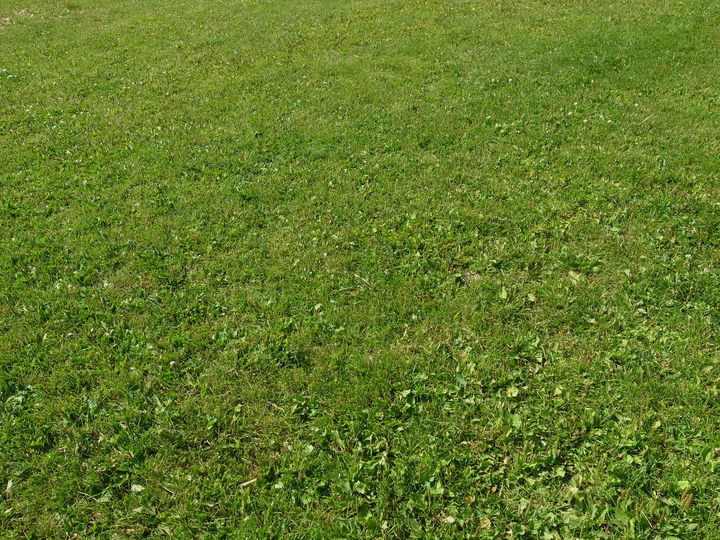
fredag 27. september 2013 kl. 21:17 · #teatime
There will come a day for each of us—and then for all of us—when the future will be done with. Until then, humanity will acclimate itself to every new horror that comes knocking, as it has done from the very beginning. It will go on and on until it stops. And the horror will go on, as day follows day and generations fall into the future like so many bodies into open graves. The horror handed down to us will be handed down to others while the clock is still ticking. Could it be possible that we all deserve to die, and to die out? But our heads are not obsessed by such questions. To ask them is not in our interest . . . or what we think is our interest, which amounts to the same thing. And to answer them hand on heart and not with our heads in the sand could put an end to the conspiracy against the human race. But that will never happen. Ask anybody.
- Thomas Ligotti, The Conspiracy Against the Human Race
fredag 27. september 2013 kl. 21:03 · #teatime
håper vi kommer til å se tilbake på begynnelsen av dette århundret som den rare korte tiden da alle absolutt skulle være ofre
fredag 27. september 2013 kl. 18:12 · bie

onsdag 4. september 2013 kl. 00:21 · #teatime
Now, nothing can stop you. With your direct mental link to the computer, you can plunge headfirst into the dizzying data-winds of the Net; the worldwide telecommunications system that joins humanity together.
As an electronic wraith, you are the ultimate "hacker", your brain wired into special modems and computer links.- Cyberpunk 2020
tirsdag 20. august 2013 kl. 17:51 · #teatime
The fact is that all the attempts to describe what science is or how it happens - that it is 'organized common sense', or its precise opposite (anti-intuitive reasoning), or that it is the falsification-testing of hypotheses, or serendipity sprung within fertile soil, or technology-led or theory-led or curiosity-led - all these say something true about the process, but none gives the whole picture. None offers a foolproof 'scientific method' that churns out a steady stream of accumulated knowledge. The problem is that, because science produces knowledge that is, for the most part, dependable and precise, we tend to believe there must be a dependable, precise method for obtaining it. This is the legacy of Bacon's dream of a 'new organon' that would grind facts into underlying principles. But the truth is that science works only because it can break its own rules, make mistakes, follow blind alleys, attempt too much - and because it draws upon the resources of the human mind, with its passions and foibles as well as its reason and invention. This is clearer to see when we look back at the beginnings, because we can afford more indulgence towards the failure of the early pioneers to practise what they preached, and because we can see how they muddled through, and because that muddling through is confirmed by history and does not remain a matter of faith. But unless we are prepared to take this lesson away from the history of science, that history is worth very little.
- Philip Ball, "Curiosity"
hei · irc · orz · matsuri · git · kalender · wiki · radio · tv · digdug arkiv kommende tid